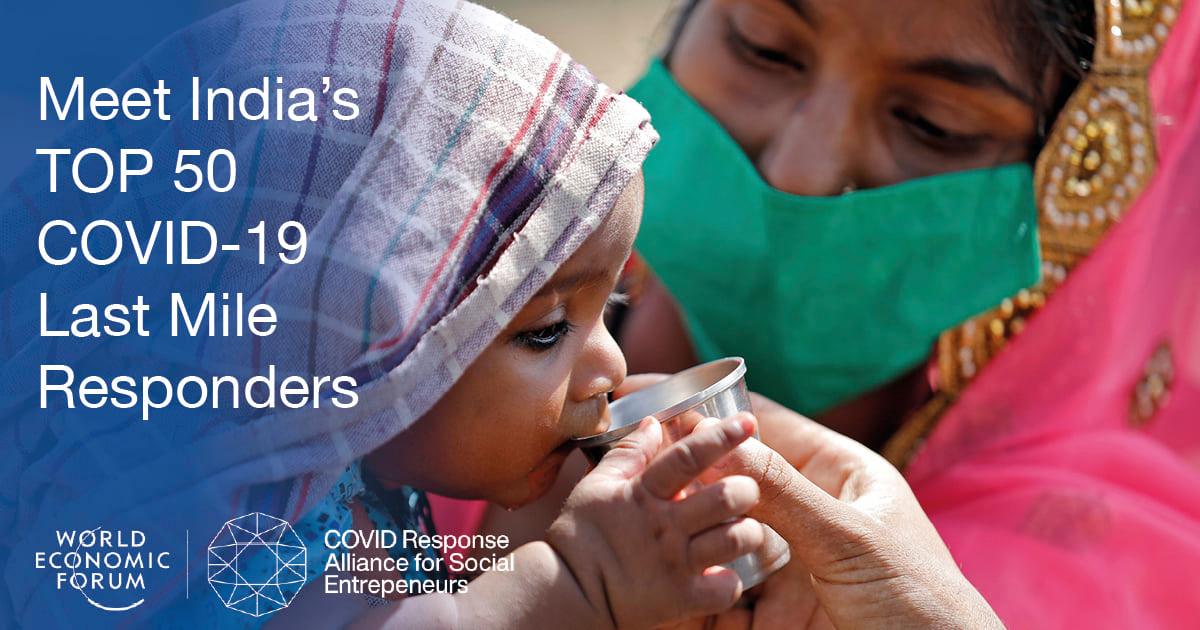Impact of COVID 19 on Environment Conservation in India
Impact of COVID 19 on Environment Conservation in India


Versatile, affordable and omnipresent, plastics have been essential to keeping hospitals running and protecting our frontline workers during the COVID-19 pandemic. They’re the bedrock of medical equipment and protective gear. They’re even at the heart of innovative cross-industry collaborations to combat the virus for example established brands like Apple, switching to make plastic face shields and Louis Vuitton owner LVMH using its perfume production lines to start making hand sanitiser bottles in plastic.
In India, plastic usage has also increased with the millions of disposable masks being worn across the country. According to the Association of Indian Medical Device Industry, India has a production capacity of 1.5 billion three-layer masks out of which only 5% are reusable/washable masks. Biomedical waste like gowns, gloves and other PPEs have posed a severe threat. The biomedical waste from some hospitals is being treated with some efficacy but there is no telling of how many masks have been discarded in household waste systems. Compounding the problem, many waste-management services and municipal corporations have not been operating at full capacity, owing to social-distancing rules and stay-at-home orders.
Online ordering of products, groceries and food deliveries is booming as citizens choose no-contact deliveries of items. The convenience and protection offered by these measures is high but it has led to a massive increase in plastic waste generation. With the recycling industry also on a low from lockdown and social-distancing in place, this will lead to a major setback in India achieving the ambitious targets as per the National Resource Efficiency Policy (NERP), 2019 to recycle 75% of plastic waste by 2025.
Informal sector waste pickers have long worked on the frontlines of efforts to keep cities and villages free from waste and litter. In India, the informal sector is the backbone of plastic waste management. India recycles as much as 80.28% of recyclable plastic waste, thanks to an army of rag pickers, who collect and segregate the waste. However, out of the non-recyclable waste, merely 28.4% could be treated before being disposed off, leaving the rest to pollute landfills or rivers, and seas, according to TERI. Yet with a general lack of job security or health benefits, waste pickers, frontliners in the Covid19 pandemic, are facing unprecedented threats to their safety and their livelihoods.
Moving forward, the Government, for their part, must recognize the crucial role of waste-management services and their workers in the transition to a sustainable future, and allocate COVID-19 spending accordingly. Such efforts would advance multiple Sustainable Development Goals, including SDG 11 (which calls for cities to ensure effective waste management), SDG 12 (reduce waste generation through prevention, reduction, recycling, and reuse), and SDG 14 (reduce marine pollution of all kinds).Businesses in the waste value chain need investments in innovation and business models to support Circulart Economy through Covid 19. Government spendings should take this into account and support businesses to devise systems for Covid-related waste management and infrastructure.
As the global economy restarts, aid agencies, development banks, and NGOs should invest in building effective waste-management systems. Beyond helping to keep plastic waste out of our oceans, such systems can provide decent jobs and improved livelihoods, resulting in stronger, more sustainable economies in the long term for developing countries. Looking at the bigger picture, it’s clear that governments and businesses must explicitly and thoughtfully build support for waste pickers into their COVID-19 responses, by supplying them with personal protective equipment, connecting them with food and community resources and ensuring access to formal healthcare systems.
COVID-19 has illuminated a host of structural issues, including plastic pollution which has been left simmering on the back burner for decades. During the COVID-19 crisis, it is essential to protect the vulnerable, ensure that health workers have the tools and support they need to do their jobs safely, prevent health-care systems from becoming overwhelmed, and avoid additional waves of infection. But, in meeting these imperatives, we cannot lose sight of the other – perhaps greater – long-term challenges facing humanity, including the environmental and public-health risks generated by excessive plastic waste.
-Kanika Ahuja, Anita Ahuja
Conserve India

Add Comment